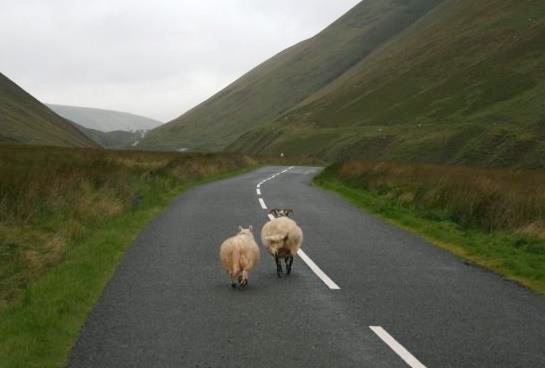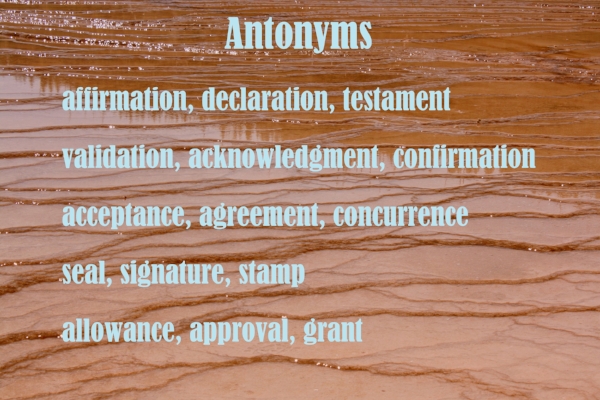On the heels of the 2018 Writer's Digest conference in New York City, I returned home rejuvenated, riding that post-conference high. I had networked, conversed with talented writers (shout out to #5amwritersclub on Twitter!), participated in informative and motivational sessions, and listened to inspiring keynote speakers. Writer's Digest offered a commendable conference and it was 100% worth going [plus a few days in NYC with no kids, yup!]. At this stage in my publishing career I chose to attend mostly business and motivational sessions rather than craft (though we could always hone craft and I swapped notes with other writers).
I left also feeling a bit meh. Why meh? Because not one session in the dozens offered addressed small press publishing. There was plenty of information on the agent to big publisher route (the dream of many an author) and the indie/self-pub route. But the hybrid in between the two? Nope. Shaking off my self-doubt and negative self-talk (hey, there was a session on that!), I decided why not share a bit more about the small press experience. I've had a wonderful journey with The Wild Rose Press and I've learned in life to turn struggles into opportunities. If I was feeling a bit down, I guarantee there may be others who felt the same way OR don't know that small press is an amazing route for publication. So here's my take on it! (Keep reading, it's good)
A rainy, gray day in the lowlands of Scotland. A sheep and its buddy. Eventually we'll find our herd if we keep walking.
Fun fact that makes me smile: My first books are historical romances, and my editor at The Wild Rose Press hails from Scotland...and her surname is the descendent of my heroine's name. Ponder that interesting coincidence for a moment!
A long time ago in a galaxy far, far away...oh, wait. Not that. Leave that to Chuck Wendig, one of our keynote speakers. Okay, a long time ago, in years far, far away (circa when I was ahem, 20, uh like twenty years ago)...
I had just written my first two manuscripts. Not knowing much on the biz, I researched and jumped into the querying trenches. Back then, it was mostly by snail mail with a SASE (anyone remember those?). I dabbled in querying agents and directly to editors at publishers (at a time when that was a more common method). Got some rejections, feedback, and a few requests. Ultimately, it went nowhere. Enter my blooming science career, parenting, and on and off writing for a decade. I finished a third manuscript. Did the same, but this time, email was the way to go. I even met with agents at conferences. I honed my craft, took in feedback from agents/critique partners, and filed away more research on the biz. Despite more queries and more requests, that book was still not "there" yet.
On to manuscript #4. Rinse and repeat the above, but at a more intense level. I was wearing my game hat by now. I had skills, was refining my craft, learning, growing. I got so close I could taste the offer! Still after close to 40 rejections (a small number, I know), I grew frustrated. The traditional route of agent to big publisher was not in my stars (yet...there is always a yet, for we don't know our future). I'd gleaned knowledge through the rejections/feedback but was still not capturing the eyes of agents. Yet, in the words of my always-first-to-read beta, "this manuscript was IT!" Yes, she texted that after reading my polished, revised version number 100 (or it felt like it).
I took a leap and queried two small press publishers. The Wild Rose Press, a publisher with a very good reputation and who has been around for over a decade, said yes! That book, A Hundred Kisses, is now out in print, e-book, and audible/audio book.
What is a small press and what do you get working with one?
I will tell you because I did a lot of web-searching on indie vs. self vs. small press. Even Google searches lead to conflicting definitions.
Small Press highlights:
Direct queries to editors, deleting the middle person (versus finding an agent).
No agent fees/percentages (you get your full percentage of royalties).
You earn royalties on sales, but with some you may receive advances, too. Royalties vary, and as a new author, don't expect a bestseller. Publication and developing readership is a marathon, not a sprint.
Quicker turn-around time on all aspects of publication from query to release date. The Wild Rose Press prides itself on publication within a year from contract date.
Niche markets -- many small presses specialize in and cater to one or a few genres. Those romance readers are dedicated and loyal (and I read a stat somewhere that romance is nearly 35% of the fiction market). The Wild Rose Press started as an e-book/print book publisher for romance, but has now branched out to other fiction genres, and audio book formats.
You build a network of like-minded and cheerleader authors (I've established great relationships with many of the authors at The Wild Rose Press).
Personalized support from the editors ( = TLC!). The Wild Rose Press has writer/promotion forums, weekly author chats (open to public), and makes efforts to meet with the authors at conferences or meetings. No question is too big or too small to your editor.
Cover design, copy-edits, assistance with promotion.
A team of editors and staff that are quick to respond and support you in your publication needs. Okay, this is like #7, but I just had to say it again.
No-up front out of pocket expenses.
Though supportive, be prepared to do a lot of your own marketing and promotion (this is even expected from big publishers, as I've been told). But also be prepared to have a team ready to support you in those efforts.
Numbers of books published per year vary by publisher. The Wild Rose Press has published thousands of books by hundreds of authors in its 12-year span.



